Social media has become an integral part of everyday life, with many internet users maintaining active accounts across various platforms. While social media can benefit personal connections, it poses significant risks for individuals pursuing personal injury claims.
At The Aranda Law Firm, we’re here to help clients safeguard their legal rights and protect the integrity of their claims. Contact us at (915) 996-9914 for more information.
If you have been injured in an accident, we recommend you manage your social media by:
1. Understanding the Impact of Your Social Media on Your Claim
When filing a personal injury claim, the claimant typically seeks compensation for medical expenses, lost income, and emotional suffering resulting from the injury. The defendant’s legal team, however, will work to minimize the perceived impact of your injury. Increasingly, defense teams examine social media accounts to find posts, photos, or comments that may contradict your claims or downplay your suffering. Recognizing that your social media presence can become evidence in your case is the first step in protecting your claim.
2. Being Cautious with Photos and Status Updates
In a personal injury case, visual evidence holds substantial weight. Photos or posts showing activities that could suggest you’re unaffected by your injury—even if they were taken before the incident—can be used to challenge your claims. For example, a photo of a hike or a social gathering may be interpreted as evidence that your physical or emotional injuries are not as severe as stated. Avoid sharing images, check-ins, or updates.
3. Adjusting Your Privacy Settings, but Don’t Rely Solely on Privacy
Setting your social media accounts to “private” is prudent; however, it’s not foolproof. Courts have determined that social media posts, even if marked private, can be subject to examination. Defense teams may obtain access through legal channels, so remember that “private” is not synonymous with “protected.”
4. Avoid Discussing the Case Publicly or Privately on Social Media
Any posts, comments, or messages about your injury, legal proceedings, or general well-being should be avoided. Refrain from making statements about the accident, the other party involved, or your injuries, as even private messages could become subject to legal review if obtained with a warrant. Any discussions regarding the case should remain strictly between you and your attorney to prevent jeopardizing your claim.
5. Seek Legal Guidance for Social Media Use During Your Case
Your attorney is your best resource for navigating social media activity during a personal injury claim. An experienced personal injury attorney can advise you on best practices for handling your online presence to avoid pitfalls and help you retain control of your narrative. By following these guidelines and consulting your attorney, you can minimize risks and help strengthen your claim.
Protect Your Case with Professional Legal Support
At The Aranda Law Firm, we understand the complexities that social media can bring to personal injury cases. If you have questions about social media use during a claim or need personalized legal support, contact our office at (915) 996-9914.

